Publications
Articles, publications, books, tools and multimedia features from the U.S. Institute of Peace provide the latest news, analysis, research findings, practitioner guides and reports, all related to the conflict zones and issues that are at the center of the Institute’s work to prevent and reduce violent conflict.

It’s Time for the U.S. To Rethink North Korea Policy
A little over a year ago, U.S. President Donald J. Trump’s third meeting with North Korean leader Kim Jong Un was making headlines as much for its historic nature—it was the first time that a sitting U.S. president had set foot in North Korea—as for what it represented about the lack of progress in U.S.-North Korea relations. The next U.S. administration, whether it is led by Trump or former Vice President Joseph Biden, will face a more emboldened regime in Pyongyang and, according to experts, must rethink past failed strategies for dealing with this challenge.

Don Jensen on Protests in Belarus and Russia’s Response
After an “obviously crooked election” in Belarus sparked massive protests, USIP’s Don Jensen says Russia is quietly using the situation to assert influence. If Moscow’s military presence in Belarus increases, “I think you’re going to see a much more forward projection of Russian power against NATO,” he said.
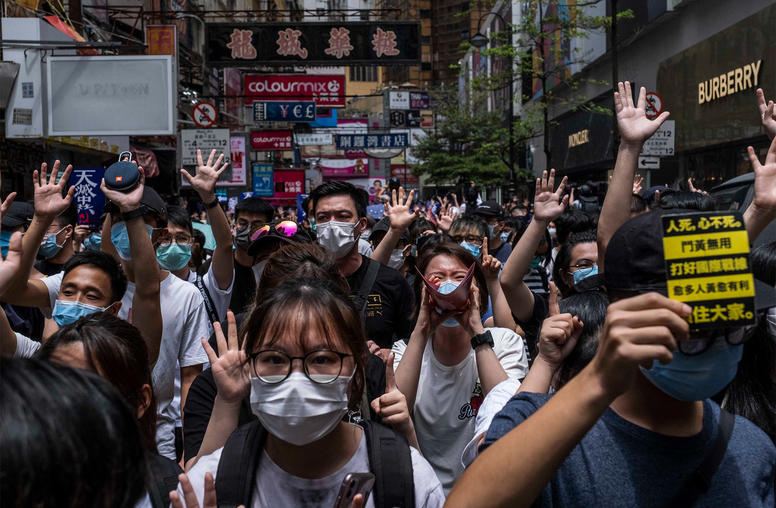
Mediating Mass Movements
People power is a defining feature of our time. In 2019, movements in Sudan and Algeria forced entrenched military dictators from power. In Hong Kong, millions of citizens have taken to the streets to demand democratic self-rule. Chile, Colombia, Lebanon and Iraq faced popular uprisings by citizens railing against corruption, government incompetence and dysfunctional political and economic systems. These protests are happening at a time of resurgent authoritarianism, marked by a 13-year global decline in civil and political rights and an erosion of the rule of law. Widening inequality, rampant corruption, and the fraying of social contracts between governments and their citizens are at the roots of many of these conflicts.
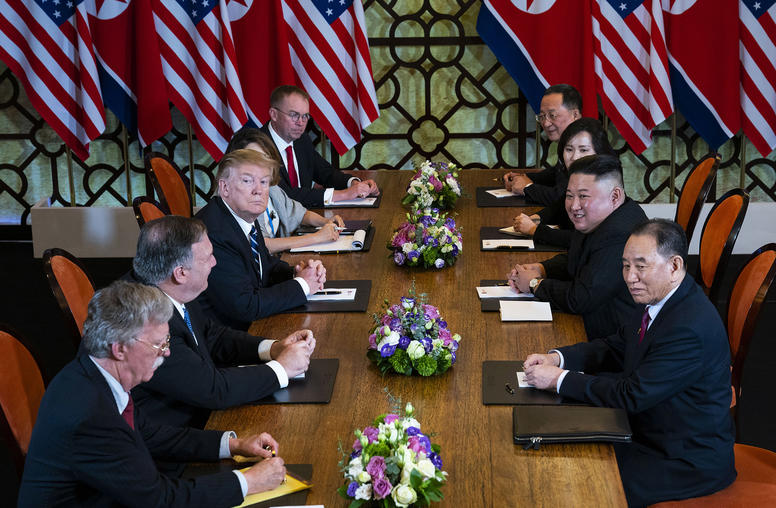
How to Engage the Enemy: The Case for National Security Diplomacy with North Korea
To help U.S. policymakers better manage the myriad risks they face on the Korean Peninsula, this report assesses whether and how to pursue national security diplomacy with North Korea. This concept of engagement responds to the National Defense Authorization Act of 2020 regarding the benefits and risks for US national security. Persistent engagement with North Korea’s national security elites, the report argues, is a policy wager with a large potential upside and very little cost and risk.
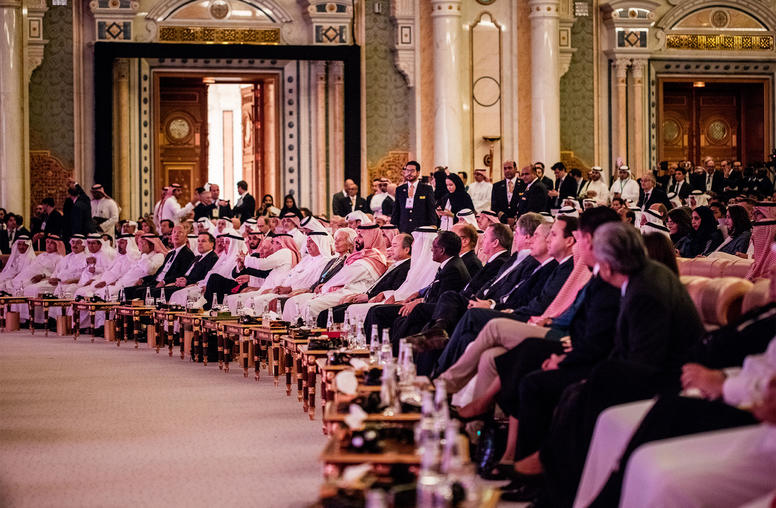
After UAE Deal, How Can Arab States Impact Israeli-Palestinian Peace?
For decades, many Arab states were united in their hostility toward Israel and support for the Palestinian cause, even though in some cases that backing was simply rhetorical. In recent years, however, Israel and some Arab countries have engaged in a quiet rapprochement, spurred by common concerns over Iran’s influence in the region, among other things. The August 13 announcement of the “Abraham Accord” between Israel and the UAE was the most public and dramatic demonstration of these shifting regional dynamics. But what does this mean for the Israeli-Palestinian conflict and the role of the region in finding a resolution?
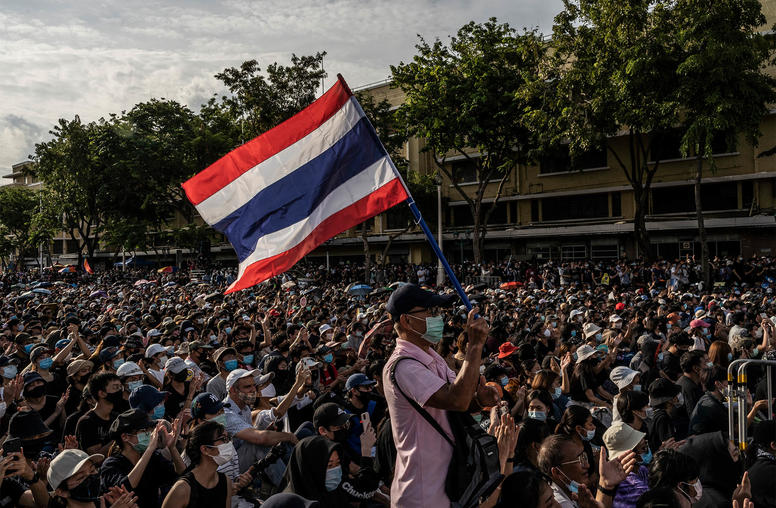
Thailand’s Political Protests Wade into Unprecedented Territory
Thailand’s recent protests have burgeoned into a powerful movement that is challenging the country’s longstanding social and political orders. Along with calls for democratic and constitutional reform, many Thai youth and activists have begun openly criticizing the monarchy’s role in public life—something that has long been unthinkable in a country where the monarchy plays a central role in society. USIP’s Brian Harding examines what sparked these unprecedented demonstrations, the resistance protesters have faced from Thailand’s powerful military and government, and where the movement might lead.
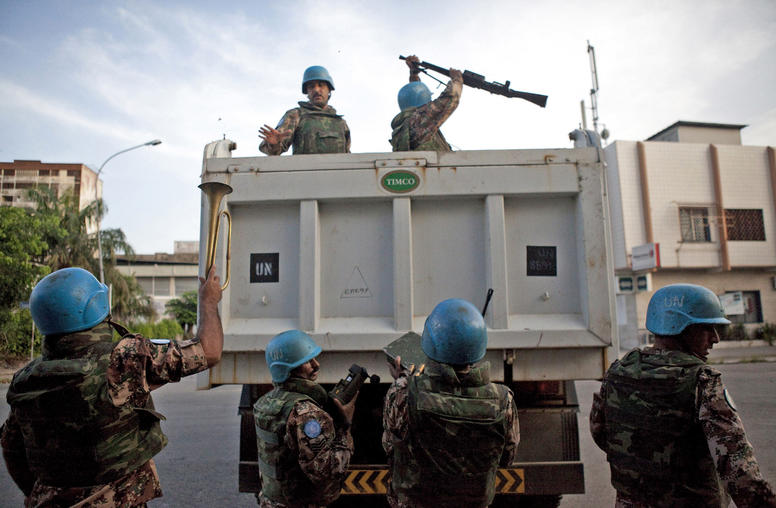
Preventing Sexual Exploitation and Abuse by Male Peacekeepers
Sexual exploitation and abuse by United Nations peacekeeping forces first came to international attention more than a quarter century ago. Despite numerous UN policy responses, the problem persists, harming individuals, jeopardizing missions, and undermining the credibility and legitimacy of UN peacekeeping operations. This report addresses the question of why more progress has not been made in preventing these violations and draws attention to ways in which prevention efforts can be strengthened and made more effective.

Robert Barron on the Abraham Accord
While a break from longstanding precedent, USIP’s Robert Barron says that normalization between Israel and the UAE was “perhaps a long time coming … [and] it definitely represents an upcoming generation of leadership in the Gulf.” Meanwhile, questions over Israel’s annexation plans continue to linger.
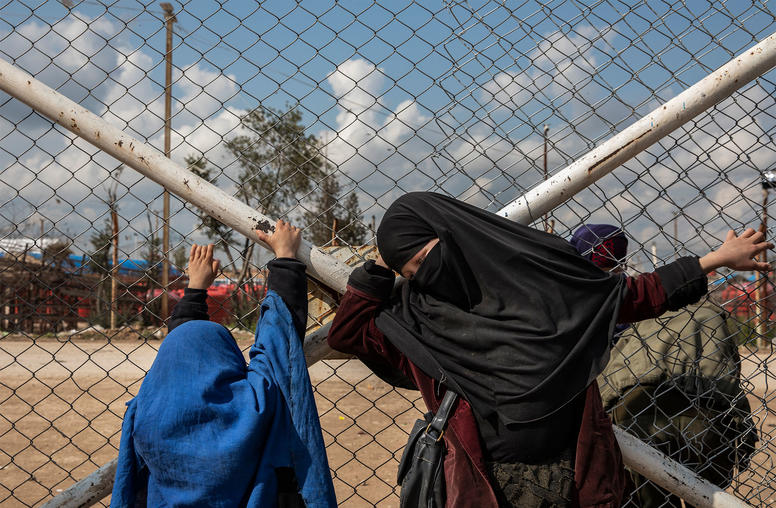
To End ISIS, We Must Find Futures for Its Survivors
At age 15, Shamima Begum ran away from home in England and, with two girlfriends, ventured into Syria’s war to join ISIS. Within days, she was married to an ISIS fighter; she has since had three children, all of whom have died. Begum, one of 70,000 former residents of the ISIS-declared state now confined in a displacement camp in Syria’s desert, is asking a British court to overturn a government order that stripped her of her citizenship. As nations worldwide seek justice, accountability—and their own security from ISIS’ violent extremism—Begum’s story shows how a “peacebuilding” approach is needed.
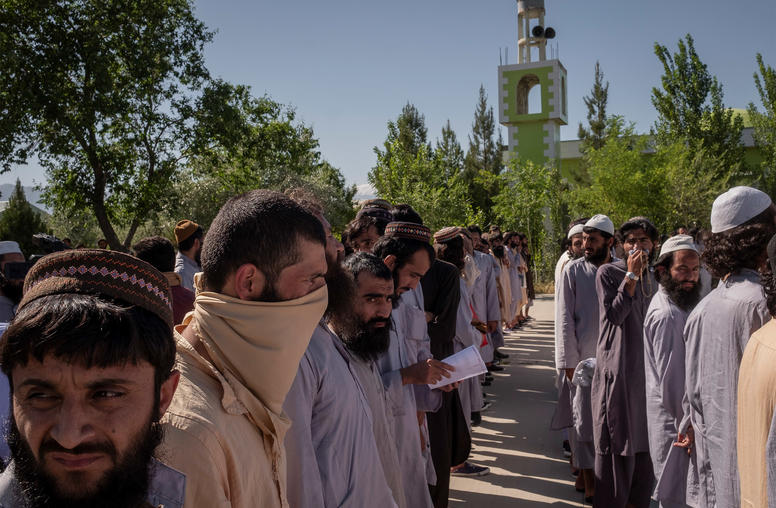
Afghan Government: ‘Optimistic’ on Opening Talks with Taliban
Afghanistan’s government is optimistic that the delayed peace talks with the Taliban can start soon, acting Foreign Minister Mohammed Haneef Atmar told an online audience. Atmar’s comments are the latest sign that one reason for the five-month delay, disputes over the two sides’ release of prisoners they have been holding, may be nearly resolved. Taliban attacks on government forces have continued, and civilian casualties have remained high, as the two sides have wrestled over conditions for starting the talks as envisioned in a February agreement between the United States and the Taliban.